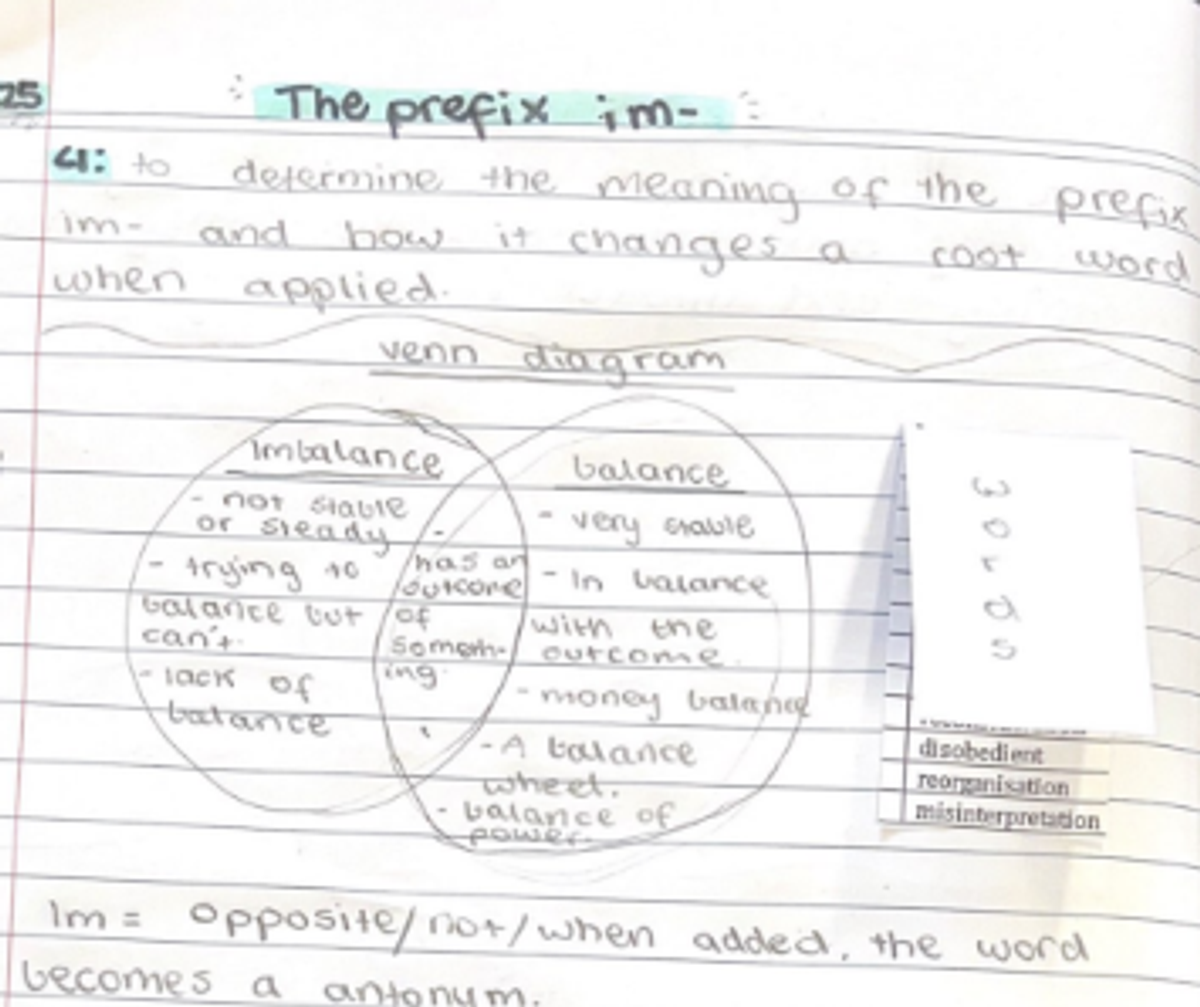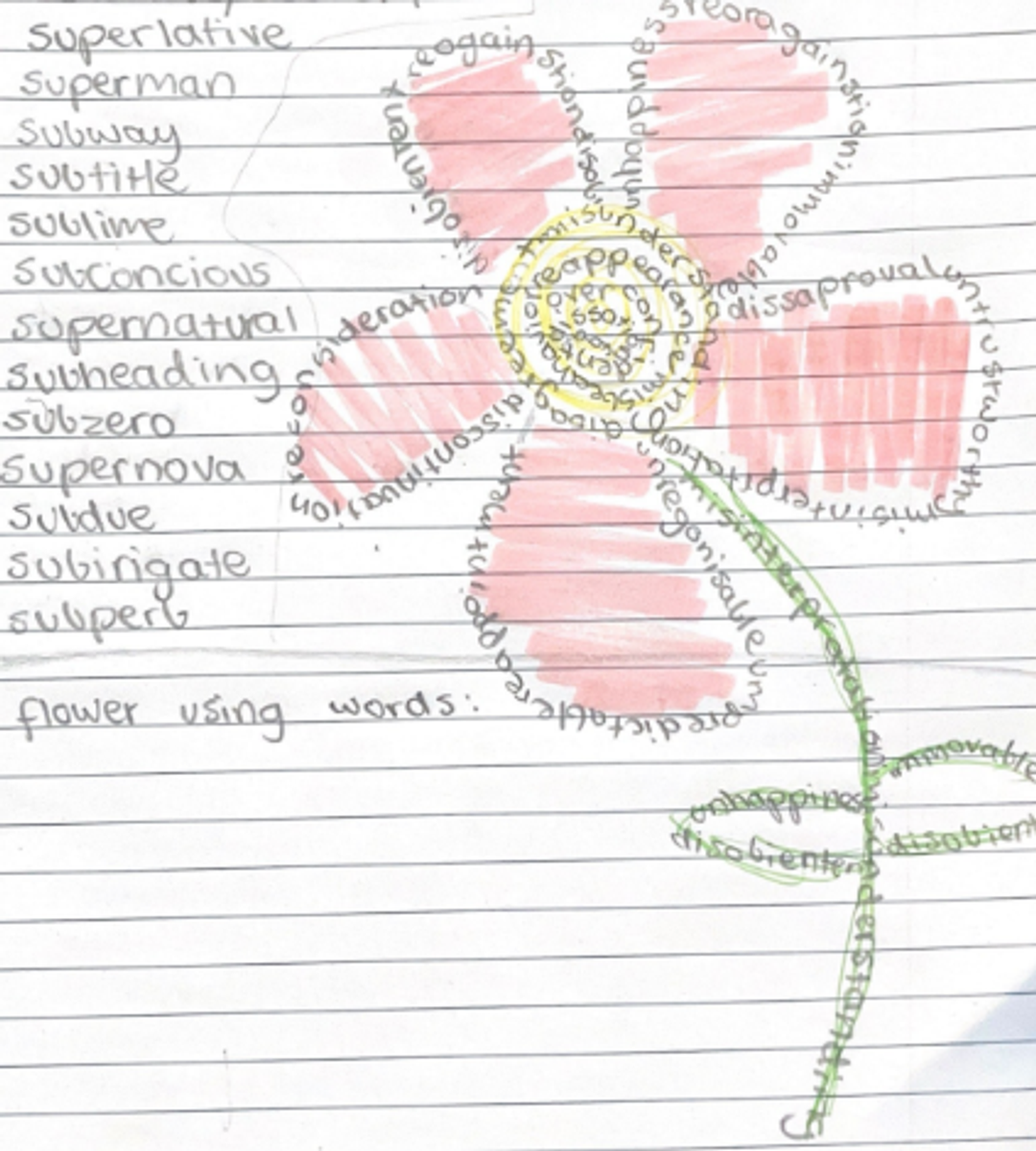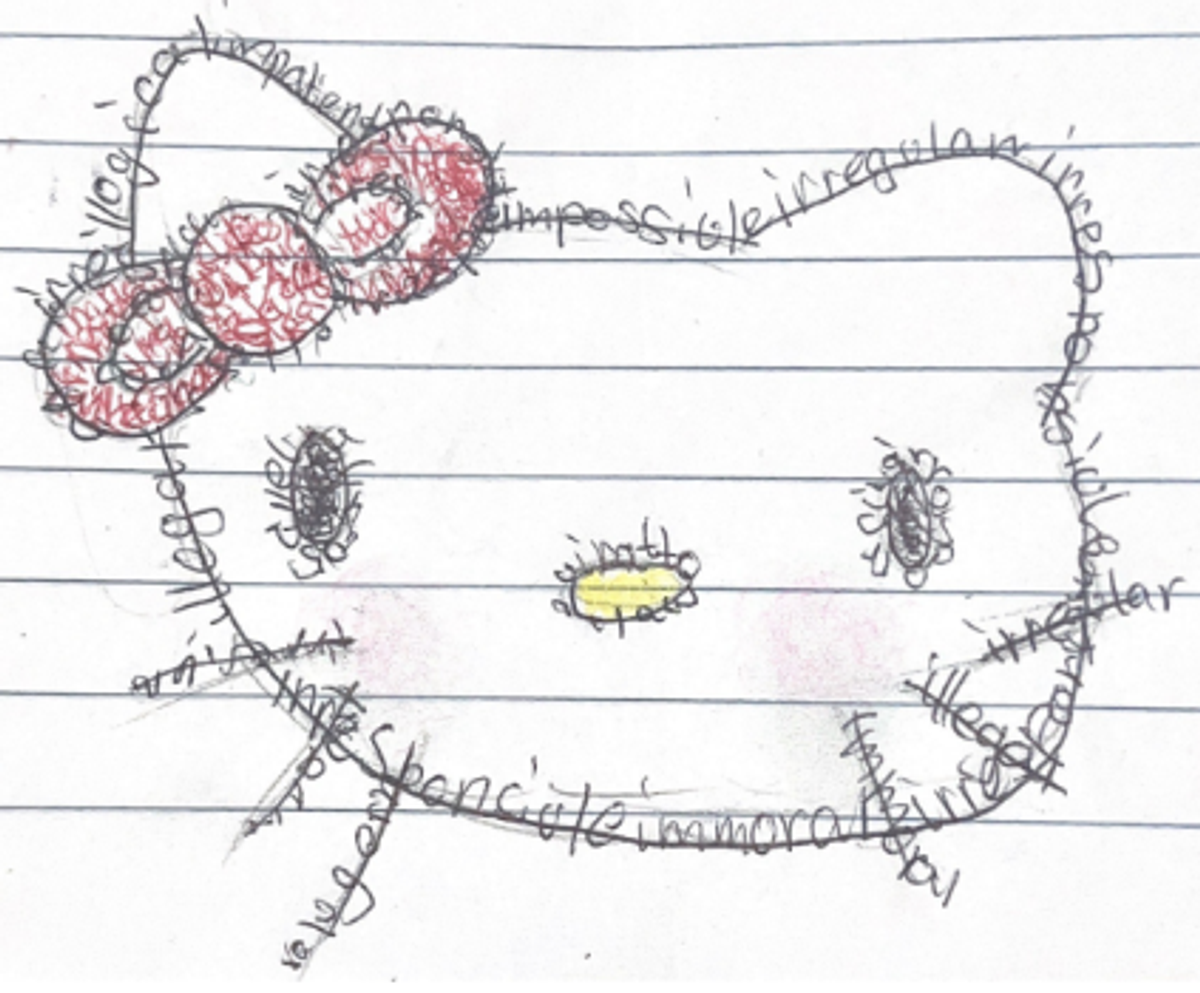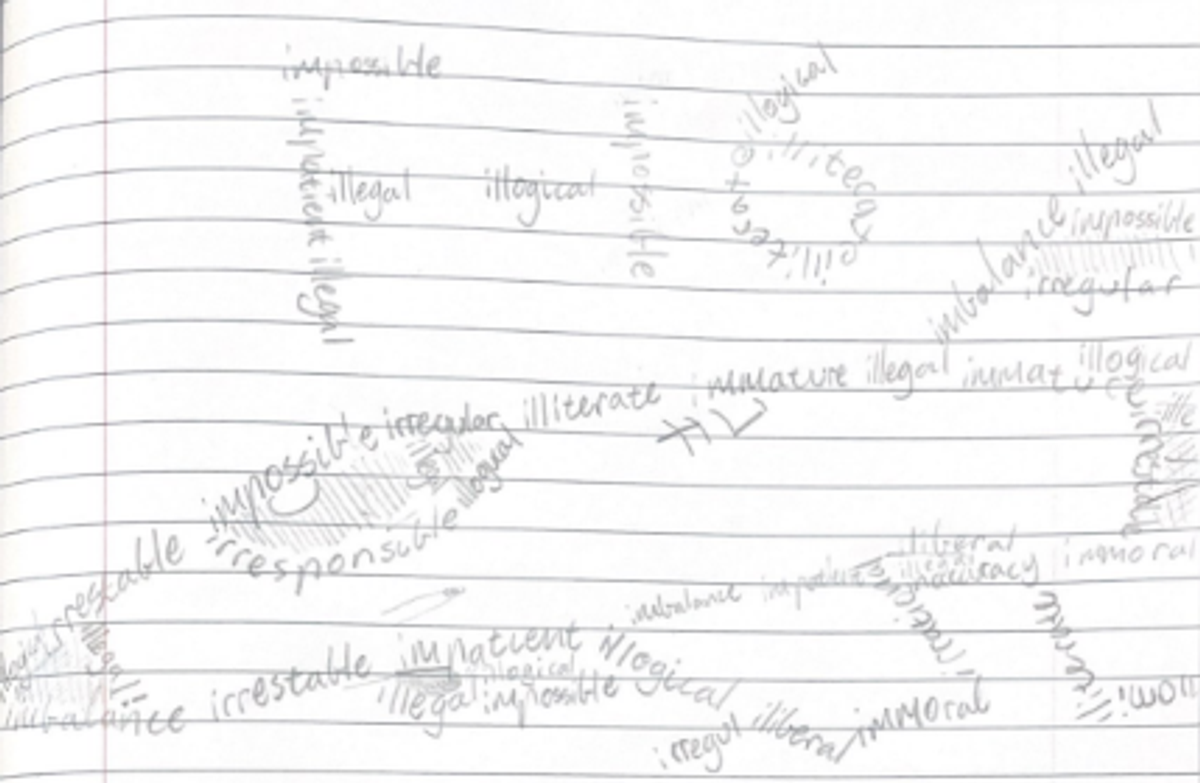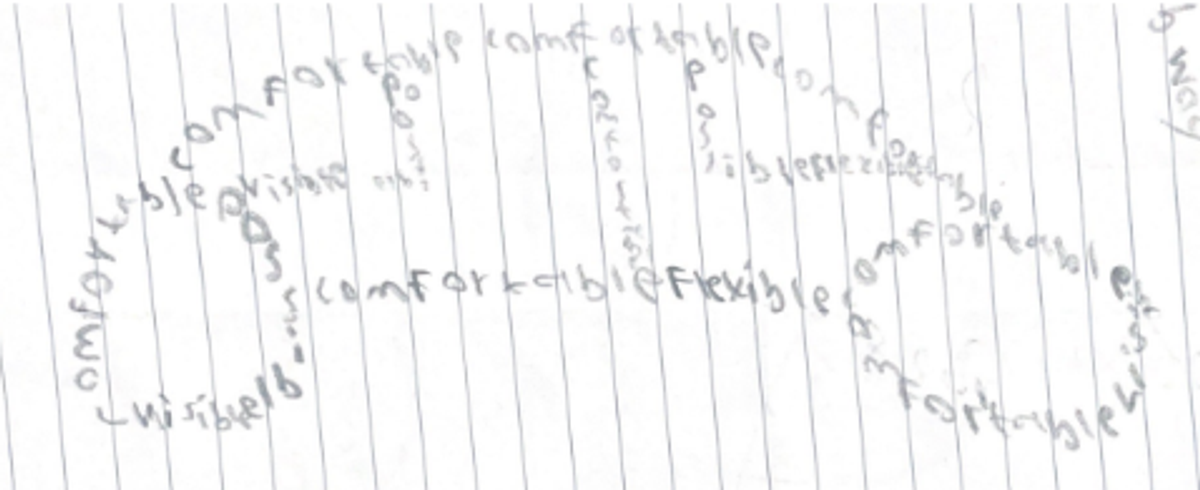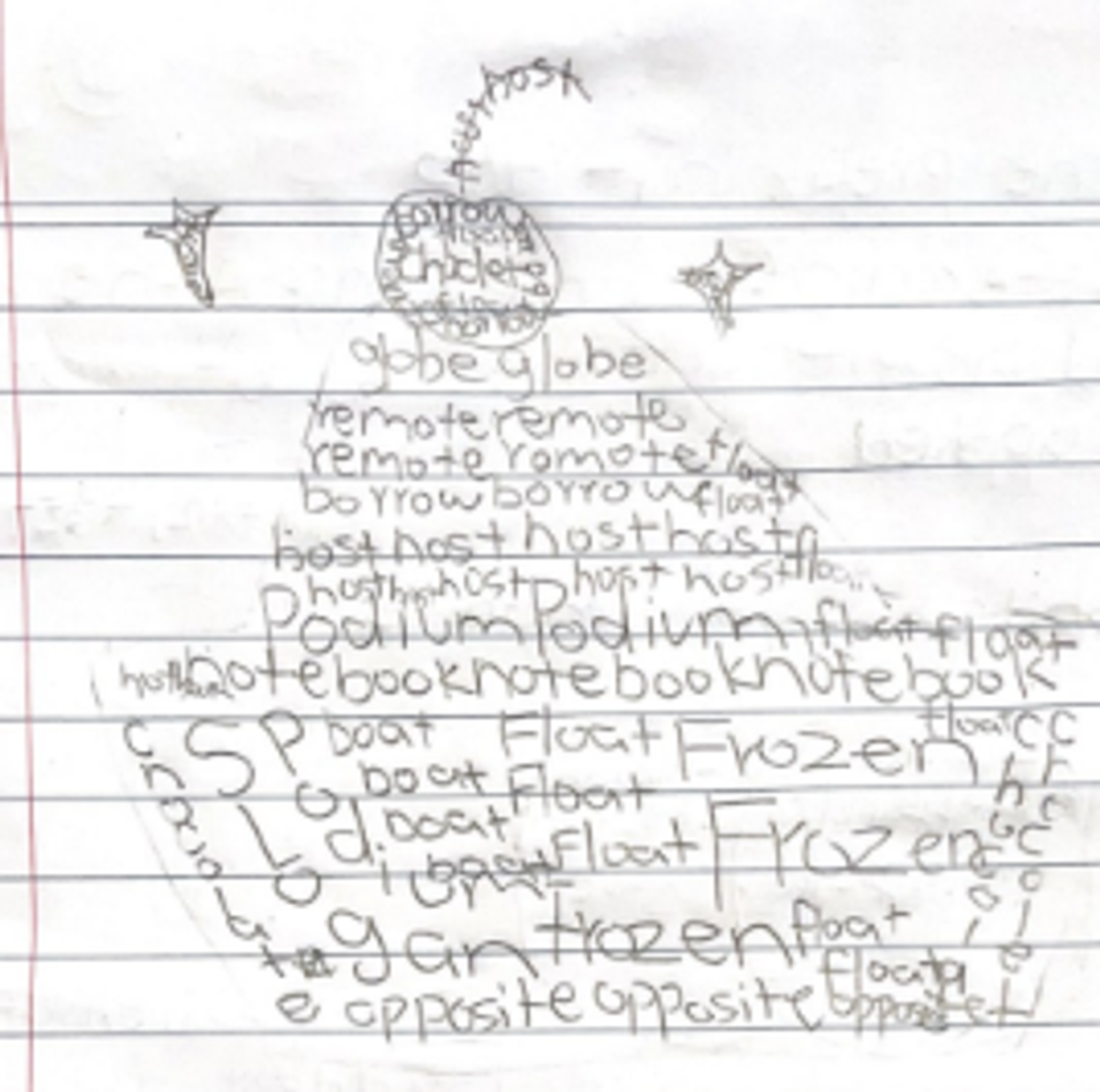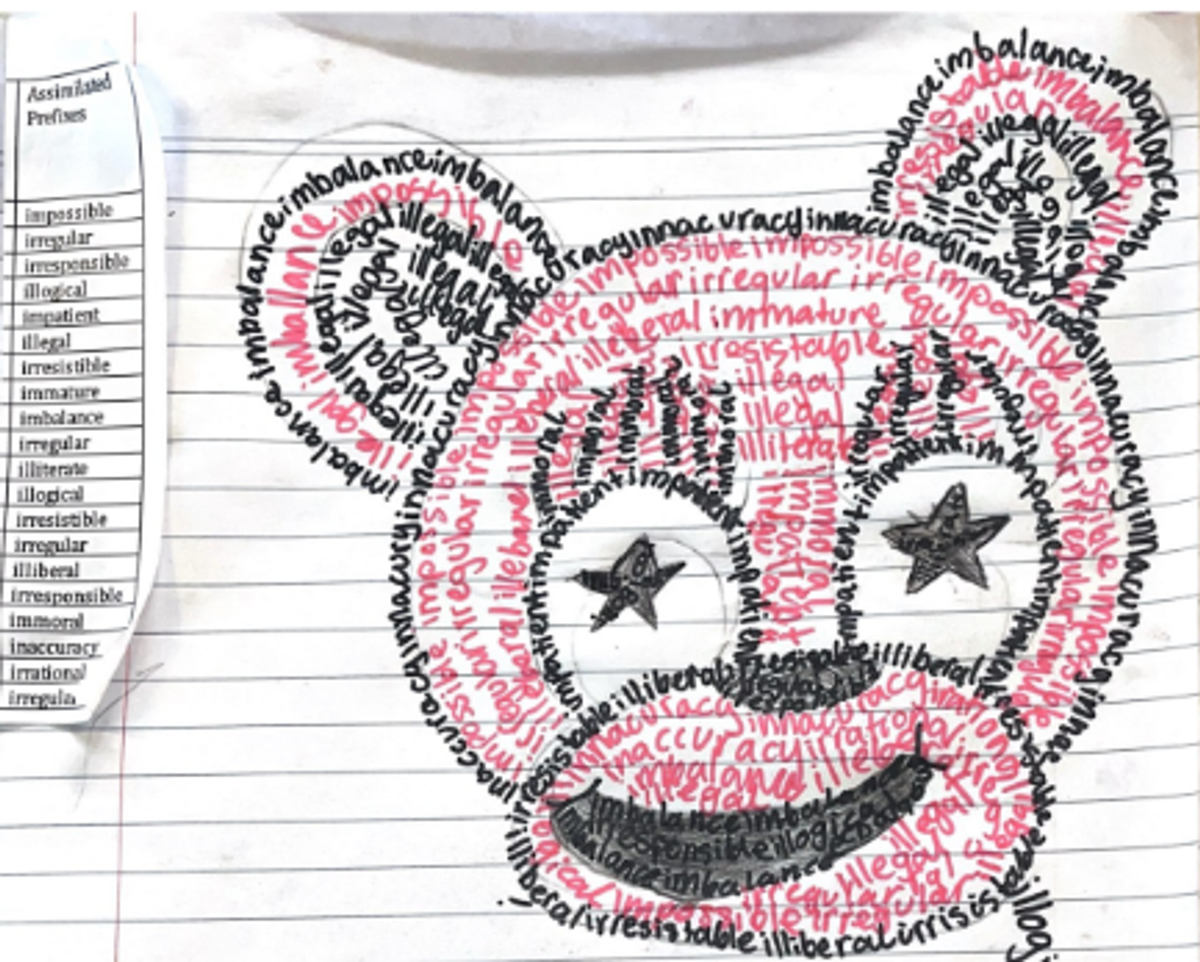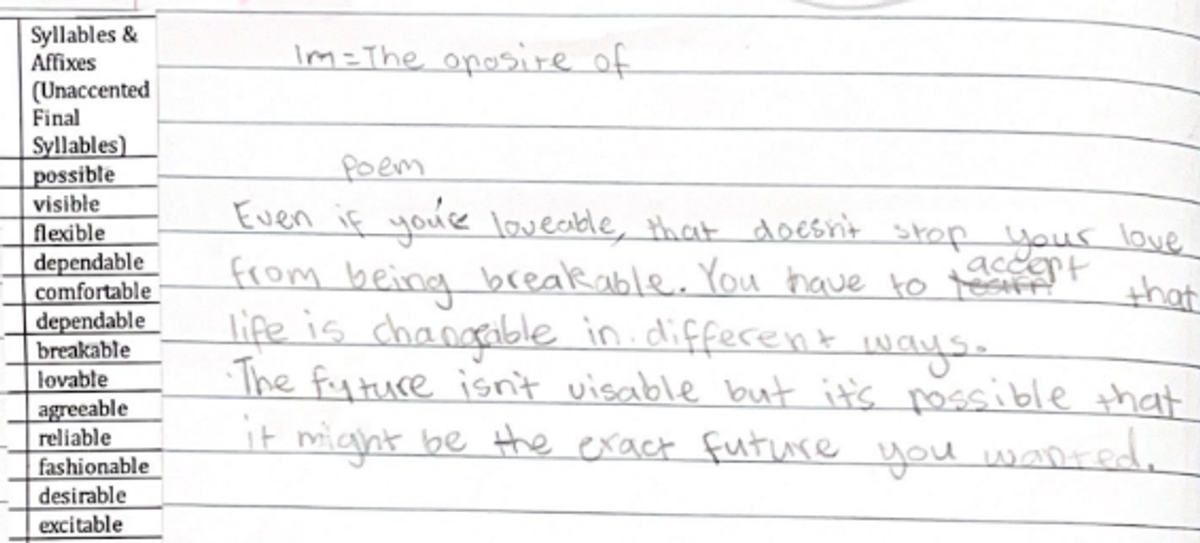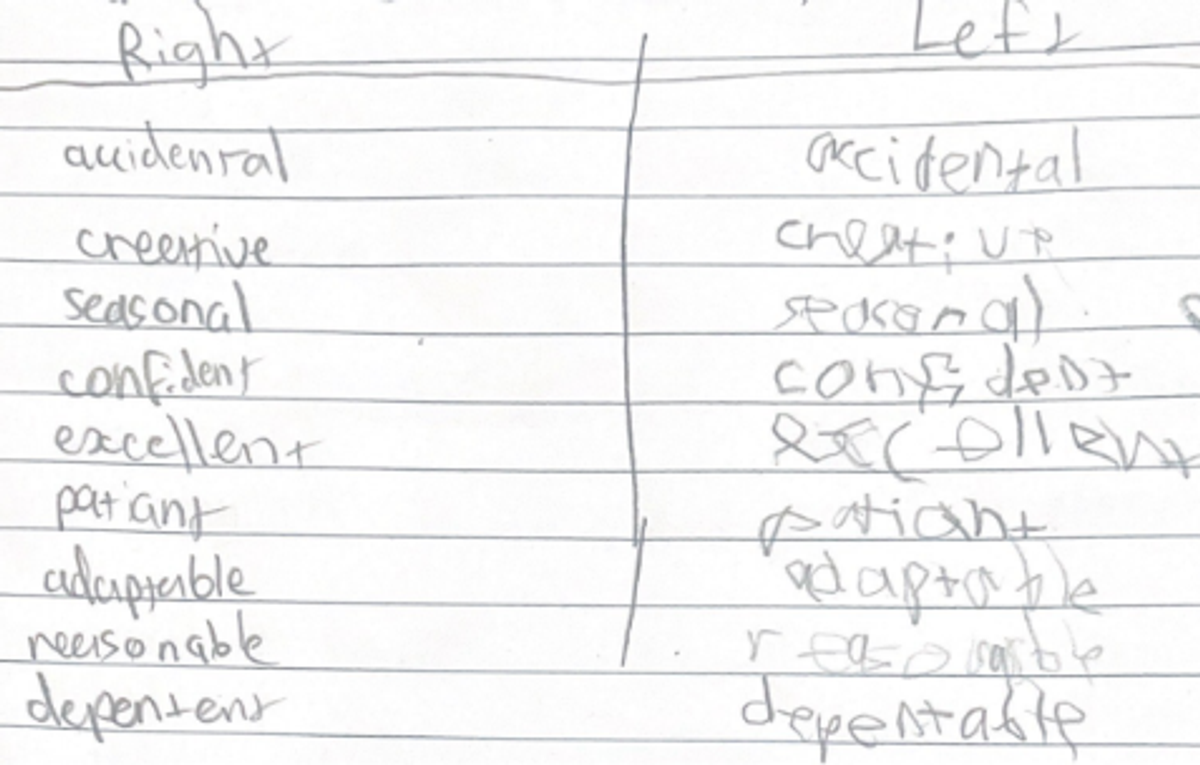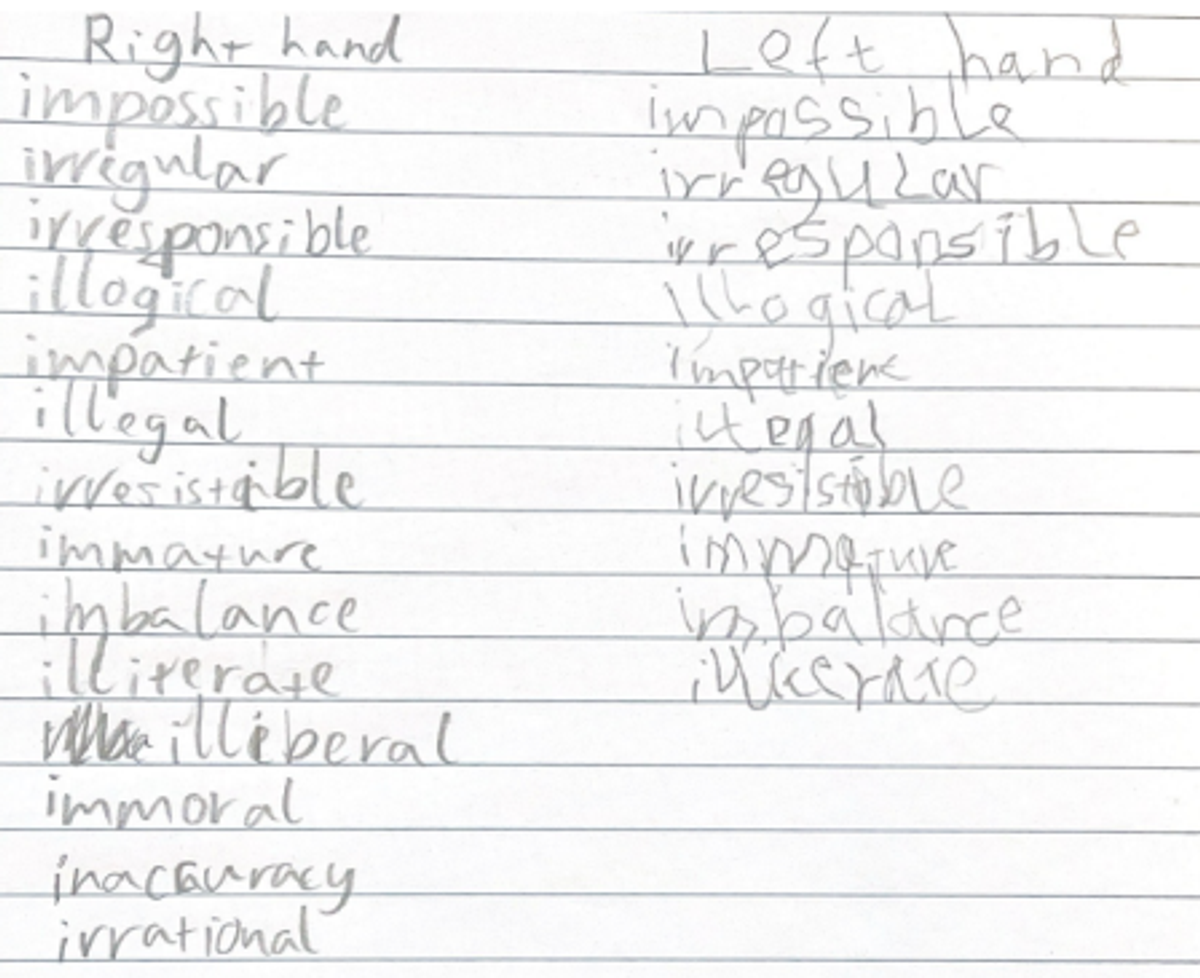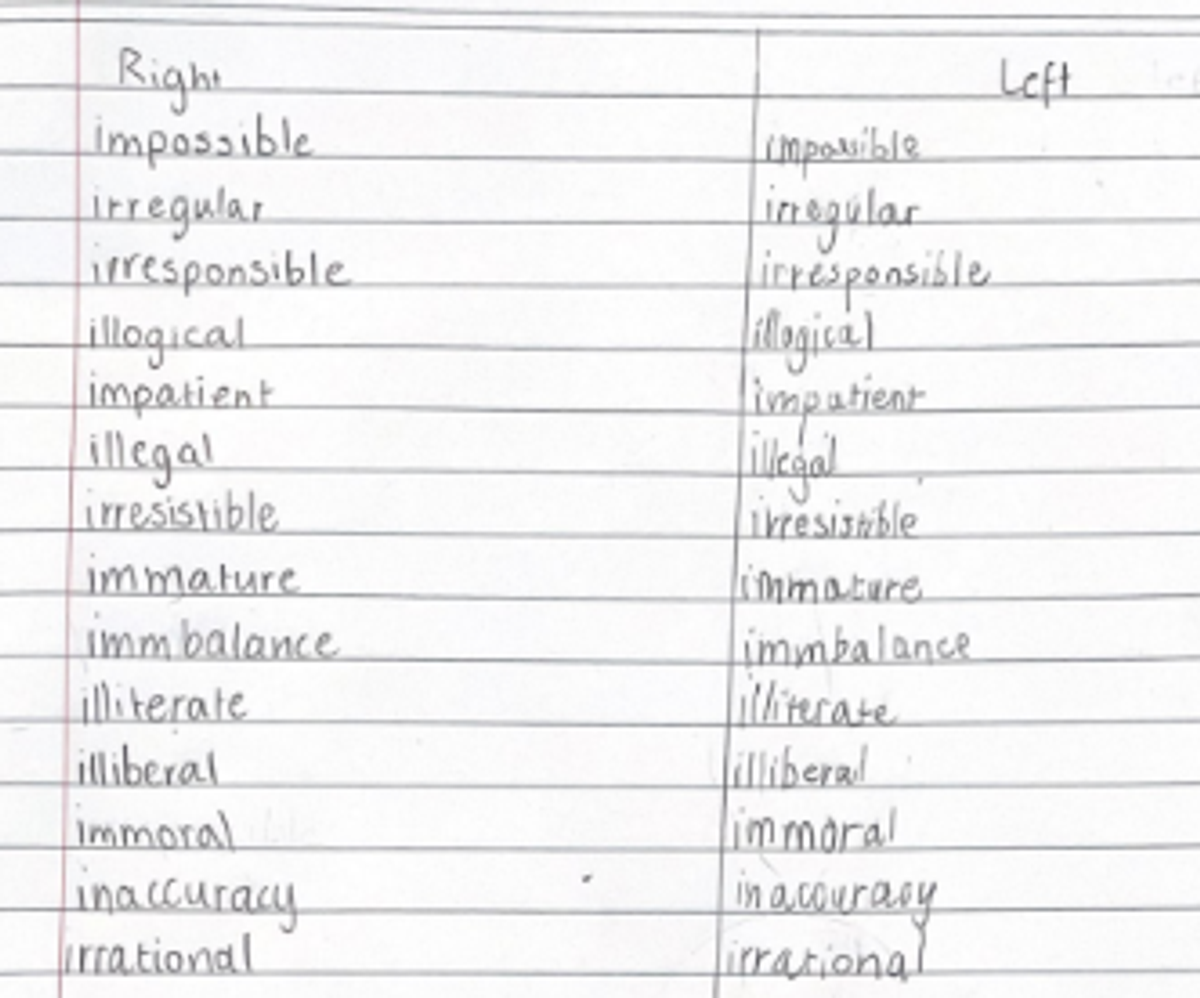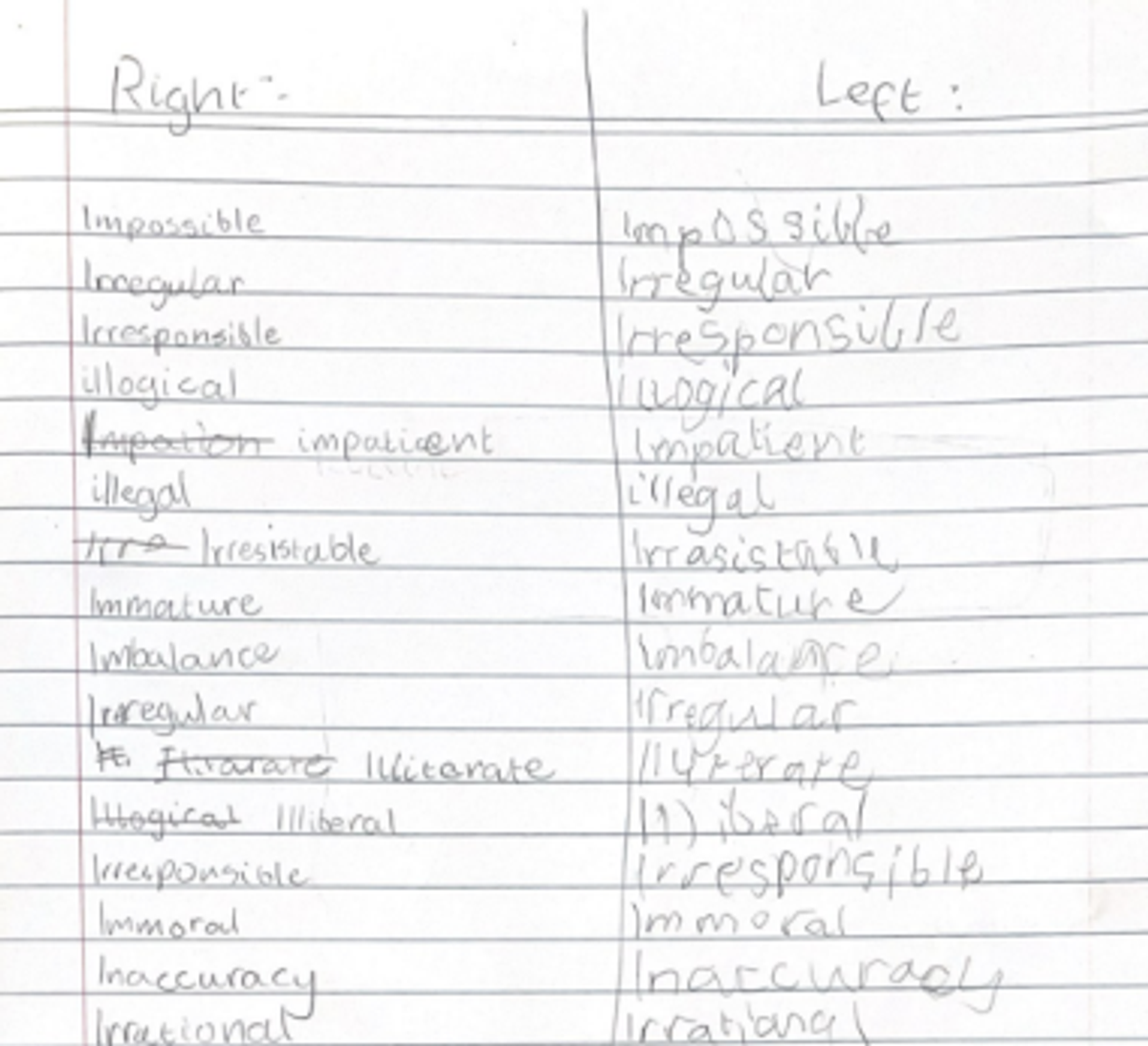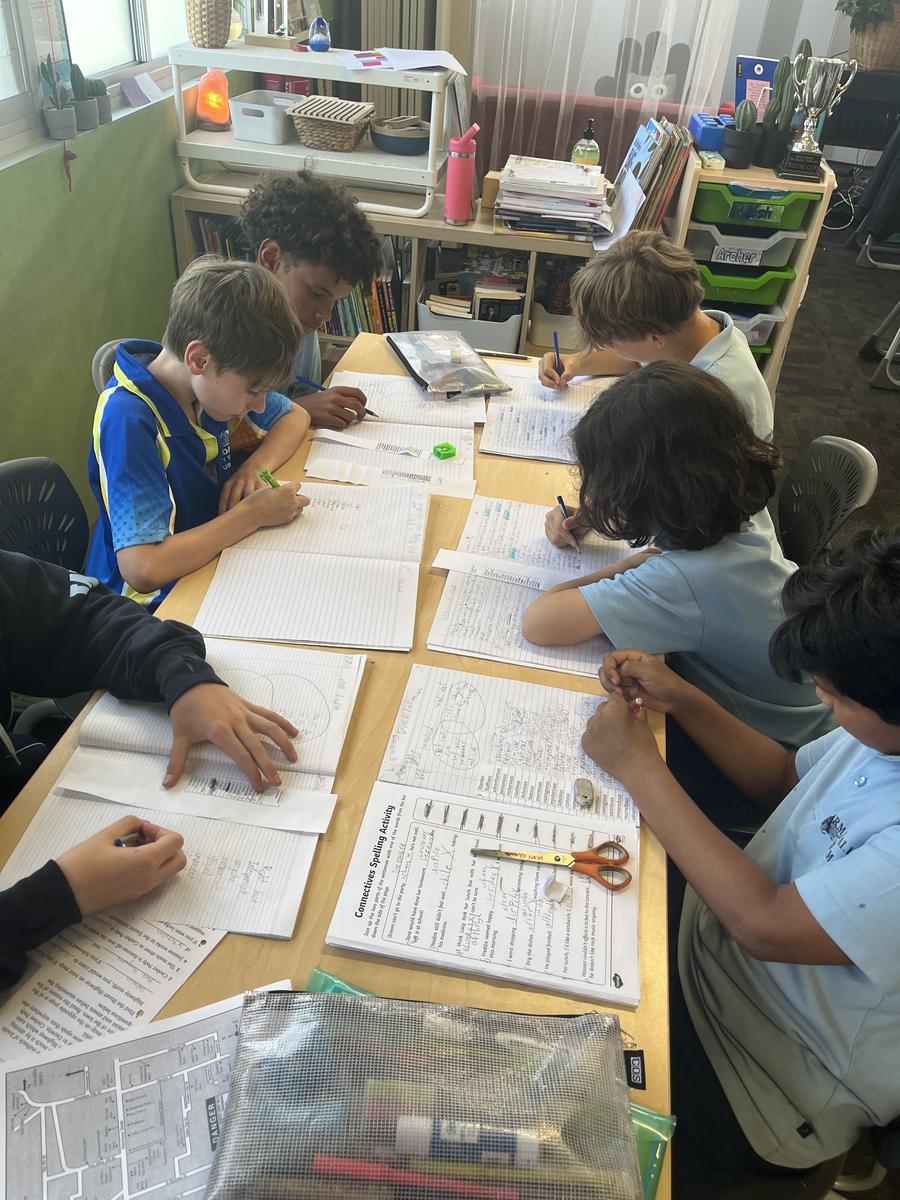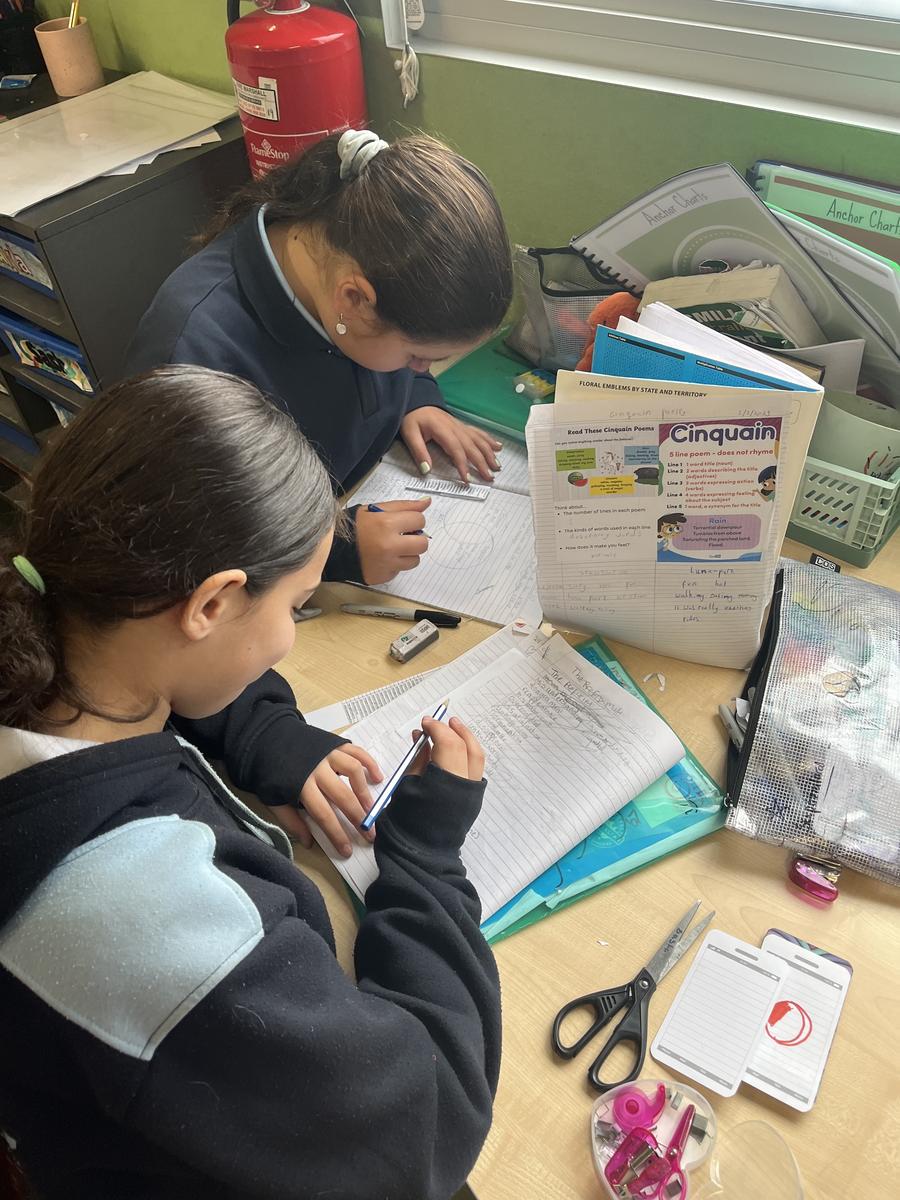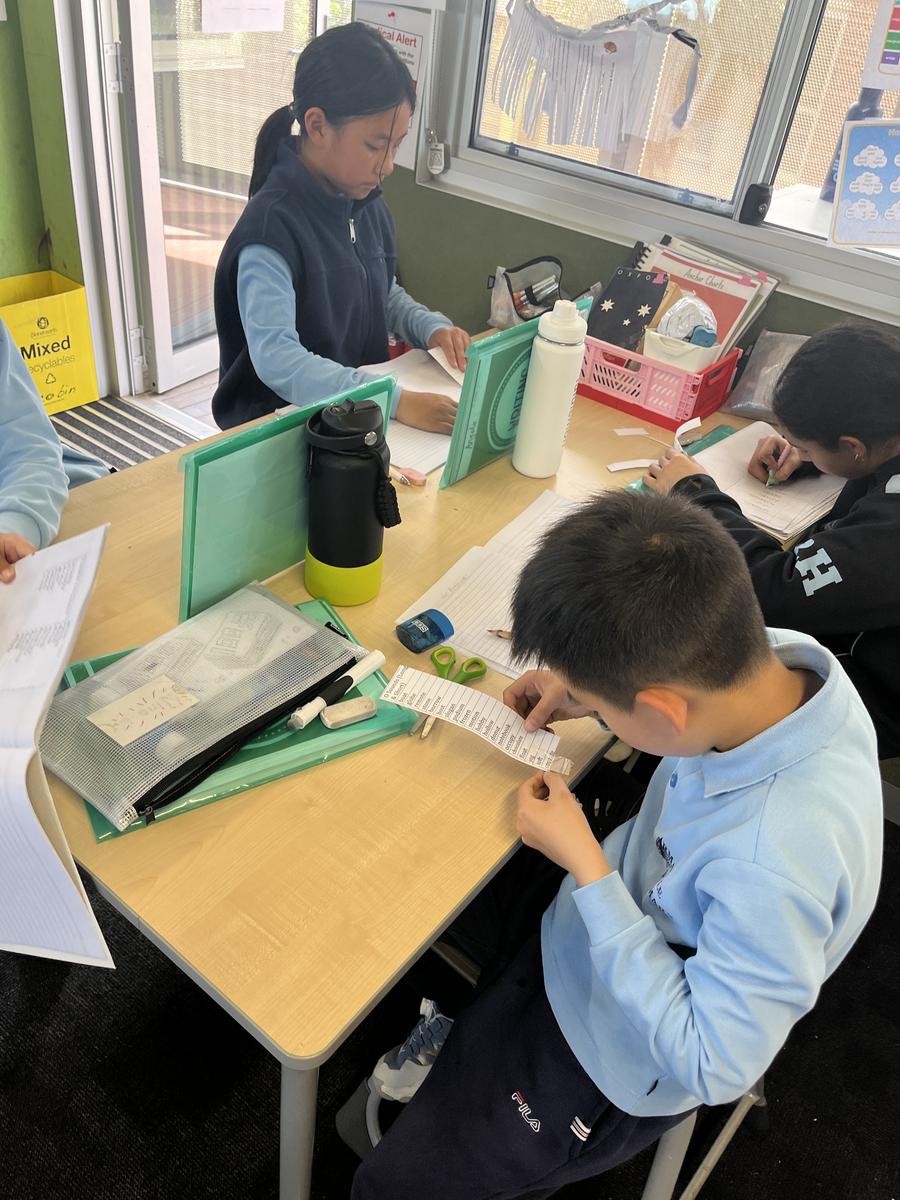Year 5/6 Bulletin

Exploring Prefixes in Spelling: Building Understanding, Not Just Memorisation
This week in spelling, students in 5/6 explored how prefixes can completely change the meaning of a word. Understanding prefixes helps students become more confident readers, spellers, and writers because they learn to recognise patterns rather than memorising each word individually.
We began by discussing why learning about prefixes is so important. Knowing the meaning of a prefix; such as un-, re-, dis-, or im- helps students make sense of unfamiliar words when reading and choose accurate spellings when writing. Instead of viewing spelling as a list to memorise, students start to see it as a system that follows logical patterns.
Our whole-class focus this week was on the prefix im-, which often means “not” (as in impossible or impatient) or “into” (as in implant). To explore how the prefix im- changes the meaning of the root word, students created Venn diagrams with words from our class spelling list. One circle included the word with the prefix and one with just the root word to figure out what stays the same and what was changed.
After our shared activity, students worked on their own targeted spelling lists. These lists are designed specifically for each learner, based on areas they find most challenging. Some students may focus on prefixes and suffixes, while others might work on vowel patterns, complex consonants, or affixes. By personalising their spelling practice, each student can focus on the strategies that will most effectively strengthen their confidence and accuracy in writing.
With these spelling words students were challenged to either,
~ Create a picture out of the words:
~Write a poem using as many of their spelling words as possible:
~Or write their words using both their left and right hands:
To celebrate and consolidate their learning, we finished the lesson with a gallery walk. They moved around the room to read one another’s words and make connections between similar patterns. The activity encouraged collaboration, reflection, and a sense of pride in their learning.
Thank you for your continued support,
Jenny and Luca.

